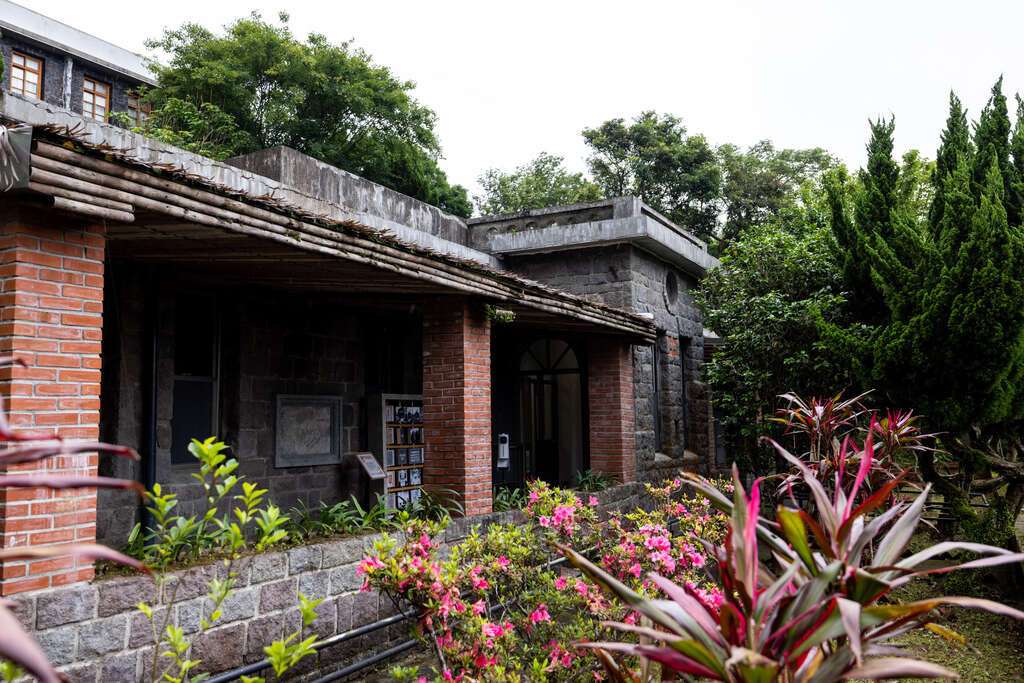Yan Xishan's Former Residence Introduction
Yan Xishan (1883-1960), styled Bochuan, experienced significant events in modern Chinese history such as the Tongmenghui's anti-Qing movement, the Xinhai Revolution, the Hongxian Emperor's reign, the founding of the Republic of China, the Central Plains War, the cooperation between the Kuomintang and the Communist Party, the Second Sino-Japanese War, and the Chinese Civil War, up until the Kuomintang's relocation to Taiwan. He was one of the important figures in modern Chinese history. He served as the Premier and Minister of National Defense of the National Government before its relocation to Taiwan and, after resigning, lived in seclusion on Yangmingshan with his subordinates. In the last ten years of his secluded life, he devoted himself to research and writing, completing works such as "A World in Harmony" and "China in Three Hundred Years." He was a practitioner of Confucianism, achieving virtue, merit, and literature that are immortal. In his later years, out of nostalgia for his hometown and for military defense needs, he chose to build stone houses named "Zhongneng Cave" and "Red Brick House" on protective slopes overlooking the Tamsui River estuary and the Taipei Basin. "Zhongneng Cave," built in the style of Shanxi's cave dwellings, combines features of Chinese, Japanese, and Western architectural styles, differing significantly in era, scale, and layout from typical historical sites; it is the main structure of Yan's former residence, personally named by him, reflecting his cosmic view through the concept of "Zhongneng." This fortress-like residence became the final resting place for this significant figure in modern history. The "Red Brick House" was used as a bomb shelter, with walls three feet thick, reinforced steel plates on doors and windows, and designs for camouflage and sentry observation. "Red Brick House" and "Zhongneng Cave" were designated as municipal historical sites as "Yan Xishan Former Residence" in 2004, and the nearby Yan Xishan Tomb was also designated as a historic site in 2010.



































